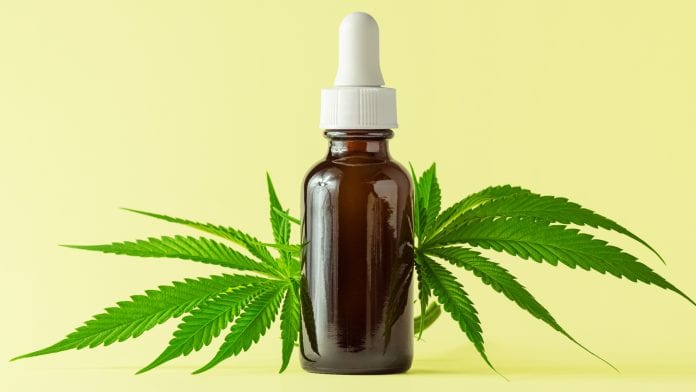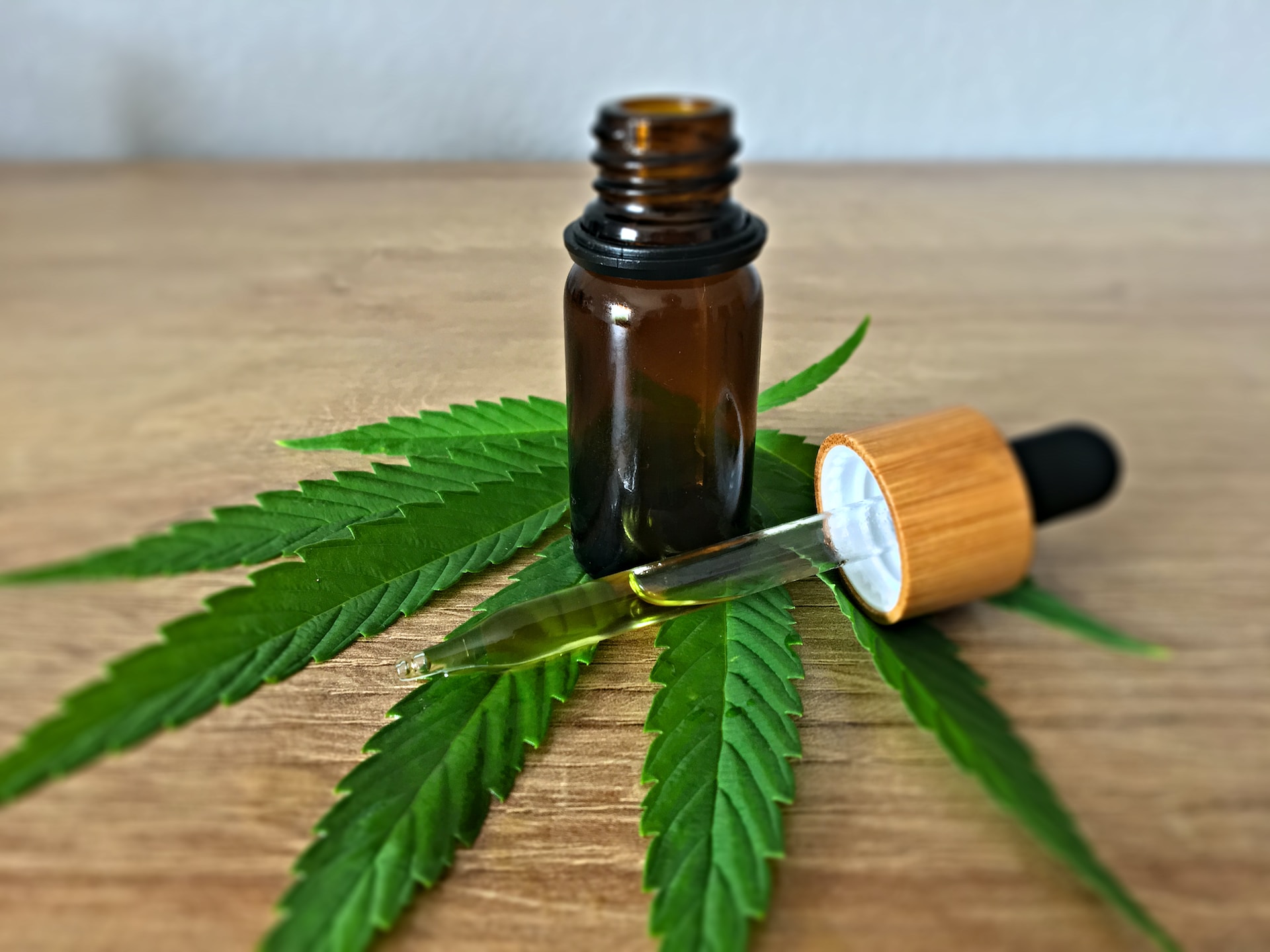
In just a few short years, cannabidiol (CBD) has grown from being a niche wellness product to a multibillion-dollar global industry. Once restricted by legal and cultural barriers, CBD is now embraced across multiple sectors—from health and beauty to food and beverage. Consumers around the world are drawn to its perceived benefits, including stress relief, pain management, and improved sleep. As the market continues to expand, questions arise: what’s next for CBD, and how will businesses and consumers adapt to its rapid growth?
The Rise Of CBD As A Lifestyle Product
CBD has moved far beyond medicinal use. Today, it is marketed as part of a lifestyle that emphasizes balance, relaxation, and wellness. Oils, edibles, skincare products, and even CBD-infused drinks have become popular choices among consumers.
Just like someone chooses an insta dp for boys to reflect their personal style and identity, consumers are turning to CBD products as a way to represent their commitment to healthier, more mindful living. This personalization of wellness has helped CBD establish itself as more than just a supplement—it’s now a cultural statement.
Regulation And Legal Challenges
Despite its popularity, CBD remains a legally gray area in many countries. Regulations differ widely, with some regions fully embracing CBD while others impose strict restrictions. Clearer laws and global standards will be necessary if the industry is to maintain sustainable growth.
Governments are slowly creating systems to monitor CBD products, similar to a register of lawyers that provides credibility and accountability within the legal field. As these regulatory frameworks develop, they will help distinguish high-quality, trustworthy CBD products from unverified or unsafe ones.
Consumer Demand And Cultural Influence
The expansion of CBD is not only economic but also cultural. Social media trends, wellness influencers, and online communities continue to spread awareness about its benefits. The emotional connection consumers form with CBD often goes beyond science—it resonates with lifestyle aspirations.
This cultural influence is similar to how people connect with attitude shayari in Hindi, where expressions of individuality and emotion create resonance across audiences. In the same way, CBD has become a symbol of self-care and empowerment, making its appeal both personal and widespread.

CBD And The Digital Marketplace
The growth of the CBD industry has also been fueled by digital commerce. E-commerce platforms and specialized online stores have given small and large CBD brands alike the ability to reach global audiences. With consumers increasingly searching for information and products online, visibility is everything.
For businesses, appearing on platforms such as a web design company directory can be vital in building credibility and attracting customers. Similarly, CBD brands must invest in strong digital presence, user-friendly websites, and SEO strategies to stand out in a crowded online marketplace.
CBD In Everyday Services
The integration of CBD into everyday services shows just how mainstream the market has become. Spas, gyms, and even pet care providers are adopting CBD-based products as part of their offerings. This normalization is helping CBD move from being perceived as alternative medicine to a household name.
It reflects a broader trend of integration, much like how a local home service listing connects communities with everyday solutions. By becoming a part of daily routines, CBD positions itself as an accessible option for consumers who might not otherwise have explored it.
Innovation And Product Diversification
The future of CBD lies in innovation. Beyond oils and gummies, companies are experimenting with CBD-infused beverages, cosmetics, and even luxury items. Scientific research continues to uncover potential therapeutic applications, expanding its use in areas such as sleep, skincare, and sports recovery.
With more sophisticated products entering the market, competition will increase. Brands that emphasize transparency, quality, and innovation will likely lead the next phase of growth.
The Global Outlook
Market analysts predict that the global CBD market will continue to grow rapidly over the next decade. North America currently leads in sales, but Europe and Asia-Pacific regions are catching up as regulations soften and consumer demand rises.
International trade agreements and research collaborations could further accelerate this trend. However, challenges like inconsistent laws, supply chain issues, and consumer skepticism must be addressed to secure long-term stability.
Conclusion
The CBD market has grown from obscurity to global recognition in record time. Its transformation from a niche product to a mainstream wellness trend reflects broader cultural shifts toward natural remedies and holistic living. As the industry evolves, regulation, innovation, and accessibility will determine its future direction. From lifestyle integration to global expansion, CBD is no longer just a passing trend—it is an industry rewriting the rules of health and wellness. The next chapter will be defined by how well businesses adapt, consumers stay informed, and governments shape a framework that ensures both safety and opportunity. Ultimately, CBD’s future will depend on a balance of science, regulation, and consumer trust, ensuring it continues to grow as both an industry and a lifestyle choice.


